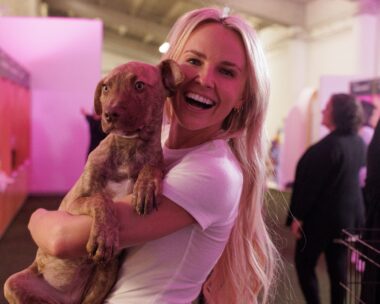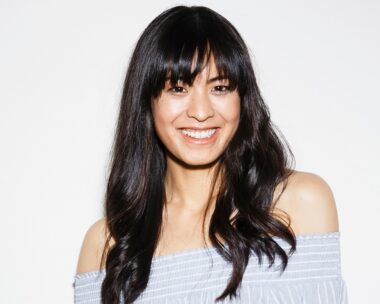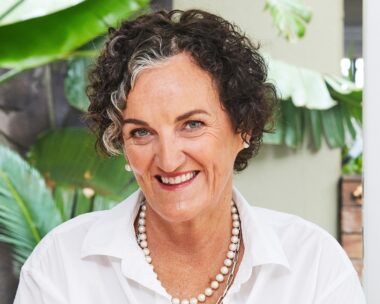Being struck down with llness, crippled with arthritis and knocked off a bicycle – twice – seems like bad luck for professional athlete. But for the battered, bruised and bandaged Mahé Drysdale, it’s only fuelled his already white-hot Olympic passion. When the Weekly spoke to Mahé, he was recuperating in Munich after being hit by a car and thrown off his bike two weeks ago. Sustaining a bruised hip and an injury to the AC joint in his shoulder in the crash, he is only now tentatively getting back into training.
“I have regained a lot of movement and range. I missed a week in the boat – while it’s not ideal, I think the break isn’t the end of the world,” he says. He’s been labelled as New Zealand’s nicest and unluckiest athlete, winning Kiwi hearts when he raced the single scull final at the 2008 Beijing Olympics with a severe stomach virus, collapsing at the finish line and winning bronze. “It was nice last time to hear of how people were in tears watching me when I was sick. I really appreciated it,” he smiles.
The five-time world champion refuses to think he’s unlucky, choosing instead to see his setbacks as an advantage. “I have had a few incidents happen at inopportune times and I guess the timing made them public,” Mahé says. “I’d say I’m quite fortunate and have got out of most situations with fewer problems than I could have had.”
The most recent incident follows years of illness, injury concerns and a diagnoses of arthritis in his back. Although there’s no denying the 33-year-old hasn’t had the easiest ride in the lead up to the games, he’s spent the last four years preparing in case something did go wrong – a strategy that’s paid off.
“It’s made me stronger,” he says. “After Beijing I really needed to re-think a lot. I was thinking, ‘What if I do get sick in four years again?’ So I’ve approached it as if I have to be at my absolute best – 100%, even 200% – so if anything does happen, which it does in sport, I can overcome it and still win.”
What he lacks in good fortune, the Kiwi battler makes up for in resolve and guts. “All of it has just made me more determined,” he says firmly. “It’s made me realise how much I want it. It hasn’t been the easiest with the injuries, but all those things have made me stronger.” Softly spoken and incredibly humble, Mahé says there is no way he could have got through the challenging times without the support of his family, especially his partner and fellow Olympic rower Juliette Haigh, and his number-one fan: his mum Robin.
“She’s amazing. I know she’s lived every second of it along with me. I’ve been there with her when we’ve both been watching Juliette’s races – the state she’s in! I can’t imagine what she’d be like when she’s watching mine,” he laughs.
He’s well aware of the sacrifices his family and friends have made for him, admitting that he’s selfish when it comes to putting sport first. Despite his success, rowing wasn’t initially part of the plan. Mahé only started in the sport when he was an 18-year-old student at the University of Auckland. He later gave up rowing to focus on his studies, but returned after watching Rob Waddell win the gold at the Sydney Olympics in 2000.
Now, it’s hard to imagine the nearly 2m tall gentle giant doing anything else. Although the memory of Beijing still haunts him, Mahé is feeling confident going into his third Olympics. “I’ve had some setbacks, but now I feel like I can take anything that’s thrown in my path,” he says.
As part of his determination to win gold, Mahé has radically altered his diet, eating more than 7000 calories a day – the average man needs about 2500. “The supermarket bill is $300 a week at the moment!” he laughs. As he recovers, Mahé is just trying to focus on finally snaring an Olympic gold medal.
“The 2008 bronze medal might have been the most exciting bronze medal, but I’ll happily take a boring gold in London,” he grins. He may be battered and bruised – but Mahé is certainly not beaten.





